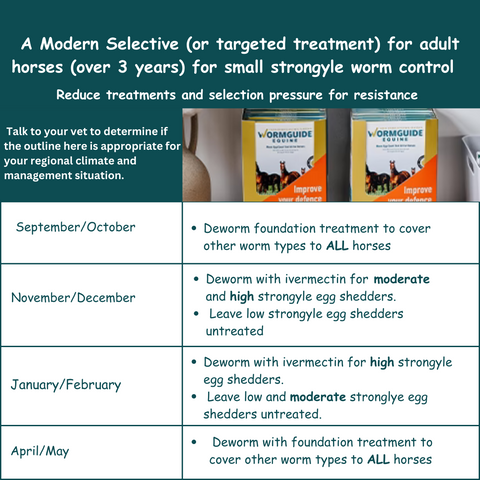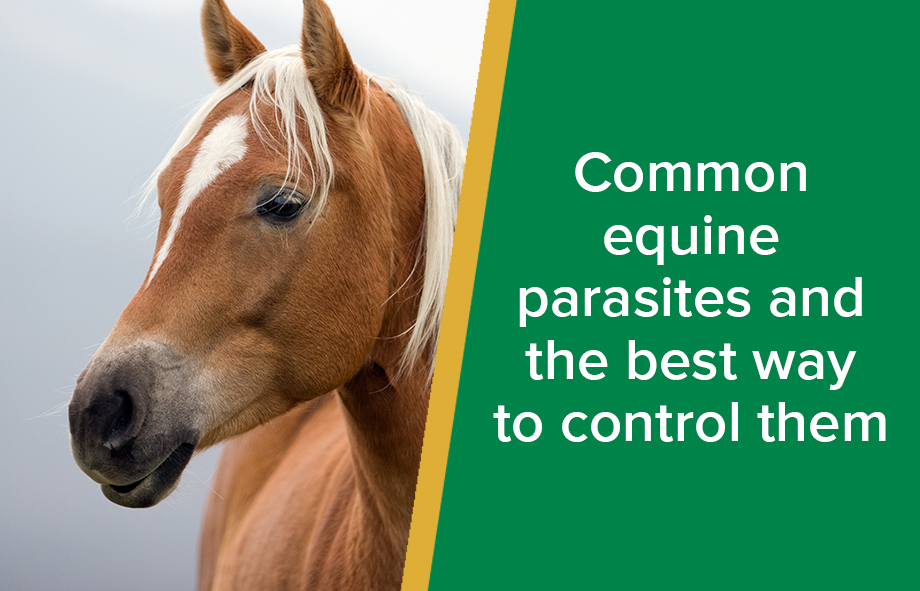Parasite Control: Modern Deworming Strategies for Your Horse

Maintaining your horse’s health involves effective parasite control, which is crucial for preventing illness and ensuring optimal performance. This article explores modern deworming strategies, offering practical advice and up-to-date information to help you protect your equine companion.
Understanding Equine Parasites
Parasites such as roundworms, tapeworms, and bots can cause significant health issues in horses, including weight loss, colic, and poor coat condition. Recognizing the types of parasites and their life cycles is essential for effective control.
| Parasite Type | Description | Common Symptoms |
|---|---|---|
| Roundworms (Strongyles) | Intestinal worms that can cause damage to the gut lining | Diarrhea, weight loss, colic |
| Tapeworms | Flatworms that attach to the intestines | Colic, poor growth |
| Bots | Larvae of bot flies that attach to the stomach lining | Irritation, digestive upset |
Modern Deworming Strategies
Targeted Deworming
Instead of routine blanket treatments, targeted deworming involves testing fecal samples to identify parasite loads and only treating horses that need it. This approach reduces drug resistance and is cost-effective.
Rotational Deworming
Rotating between different classes of dewormers helps prevent parasites from developing resistance. However, this method should be combined with fecal egg count monitoring to ensure effectiveness.
Pasture Management
Regularly cleaning pastures, rotating grazing areas, and avoiding overstocking can reduce parasite exposure and reinfection rates.
Recommended Deworming Schedule
| Season | Deworming Focus | Notes |
|---|---|---|
| Spring | Target strongyles and bots | Use ivermectin or moxidectin |
| Summer | Monitor and treat as needed | Fecal egg count tests recommended |
| Fall | Target tapeworms and encysted larvae | Use praziquantel combined with other dewormers |
| Winter | Minimal treatment unless high risk | Focus on pasture hygiene |
Frequently Asked Questions (FAQ)
Q1: How often should I deworm my horse?
A: Frequency depends on your horse’s parasite load, environment, and veterinary advice. Targeted deworming based on fecal tests is recommended.
Q2: Can I use the same dewormer all year?
A: No, rotating dewormers helps prevent resistance. Consult your vet for the best rotation plan.
Q3: Are natural remedies effective against parasites?
A: Some natural remedies may help, but they are generally less reliable than veterinary-approved dewormers.
Conclusion
Effective parasite control requires a combination of strategic deworming, regular monitoring, and good pasture management. By adopting modern strategies, you can safeguard your horse’s health and enhance its well-being.
Would you like me to help improve the clarity or add more detailed sections on specific parasites or deworming products?
